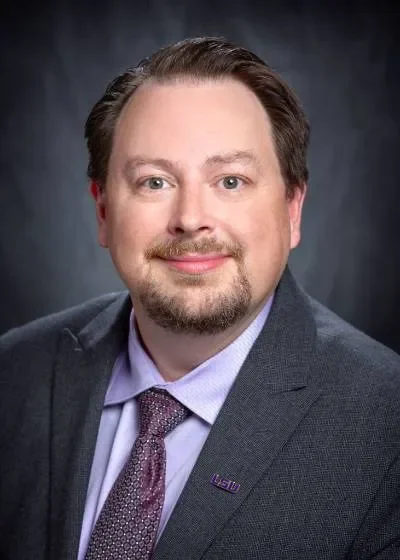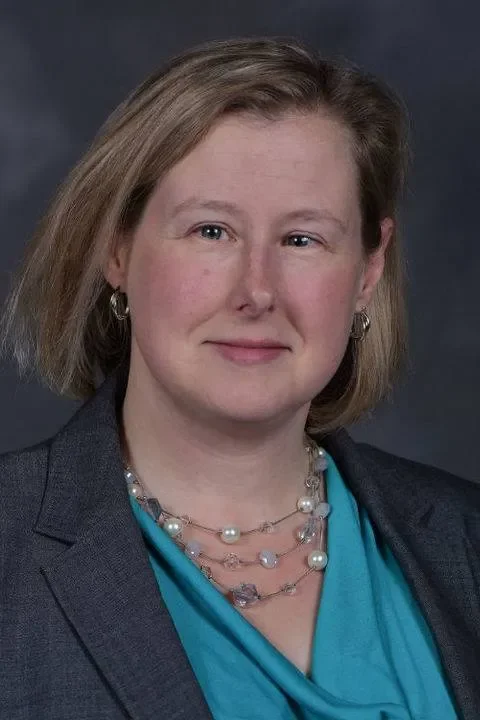Virtual Footlocker Project 2.0
Supporting Vietnam-Era Veterans’ Documentation of Their Military Record
The Louisiana State University School of Information Studies was awarded $91,430 from the Institute of Museum and Library Services National Leadership Grants for Libraries as a planning grant under Goal 2 (Objective 2.2: Develop or enhance collaborations between libraries and stakeholders to address community needs) and NLGL Objective 1.2 (Improve community well-being through libraries and archives). For Virtual Footlocker Project 2 (VFP 2), Dr. Edward Benoit, III (Louisiana State University) and Dr. Heather Soyka (Kent State University) will serve as PIs. The VFP 2 project is a two-year planning project (August 2025- July 2027) that will develop an implementable program for LIS practitioners and Veteran Service Organizations to support Vietnam-era veterans (VeV) by creating, locating, and collecting records that document their time in service. While contemporary servicemembers have been encouraged to keep their own service records, previous generations did not have this same guidance.
According to the U.S. Department of Veterans Affairs, VeVs are defined as those who served in the Republic of Vietnam between November 1, 1955, and May 7, 1975, and those who served outside the Republic of Vietnam between August 5, 1964, and May 7, 1975.
Grounded in the results of a previously funded study, the project will do the following:
Survey and analyze rich ethnographic data from Vietnam-era veterans about their service records and existing records-related needs.
Develop and enhance collaborations around access and support across the spectrum of veterans records, such as personal, service, and medical records, between libraries, archives, veterans, and veteran service organizations.
Identify new opportunities to connect VeVs with support, including community, library, and veteran specific services.
Benoit, Edward, III, Soyka, Heather. “Virtual Footlocker Project 2: Supporting Vietnam-Era Veterans' Documentation of Their Military Record.” Institute of Museum and Library Services, 2025. $91,430 Funded.
Project Team
Edward Benoit, III is Associate Director and Associate Professor in the School of Information Studies at Louisiana State University. He is the coordinator of the archival studies and cultural heritage resource management programs. He received an MA in History, MLIS and PhD in Information Studies from the University of Wisconsin-Milwaukee. His research focuses on participatory and community archives, non-traditional archival materials, climate change, and archival education. He is the founder and director of the Virtual Footlocker Project, which examines the personal archiving habits of the 21st century soldier in an effort to develop new digital capture and preservation technologies to support their needs. He also is Co-PI on PROTECCT-GLAM, an IMLS-funded project focused on the impacts of climate change on cultural heritage institutions.
Heather Soyka earned her doctorate from the University of Pittsburgh iSchool. Her teaching areas include archives, archival appraisal, research methods, and research data management. Most recently her research examines the reproducibility of community engagement and other record-keeping factors relevant to the sustainability of structures for research data sharing and reuse. She applies continuum theory and methods to her archival studies research, and has been a member of the Records Continuum Research Group since 2014. She has published research in national and international journals, including: Archival Science, the International Journal of Digital Curation, the American Archivist, Research Library Issues, the Journal of eScience Librarianship and Preservation, Technology, and Culture. Her work has been funded by the National Science Foundation, the Institute of Museum and Library Services, and the Society of American Archivists.
Before joining the faculty at Kent State, she held a postdoctoral fellowship with DataONE, a project funded by the National Science Foundation that is concerned with open access and use of multi-national, multi-scale environmental and ecological science data. She was previously based at the National Center for Ecological Analysis and Synthesis (NCEAS) and often collaborates with colleagues across various disciplines, including ecology, biology, and computer science.



